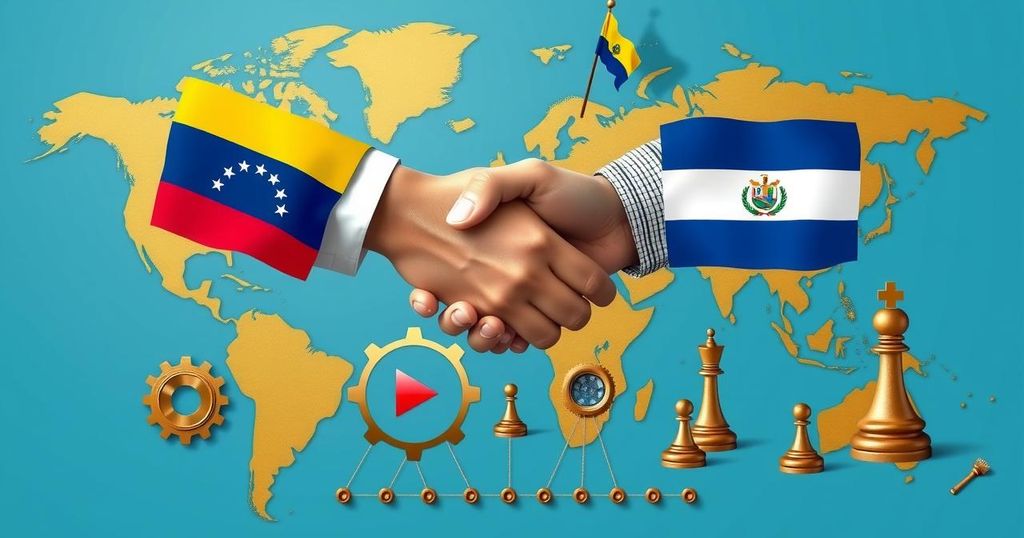Trump Team Allegedly Used Venezuelan Migrants as Bargaining Chips

- Trump officials mishandled a potential prisoner swap with Venezuela.
- Negotiations for the release of U.S. citizens fell apart amid conflicting strategies.
- White House claims El Salvador is responsible for Venezuelan deportees.
- Chevron deal proposal raised questions on U.S. policy toward Venezuela.
- Confusion over jurisdiction adds to the tangle of negotiations.
Trump Officials Explore Complex Prisoner Swap Deals
Trump administration officials allegedly used Venezuelan migrants as bargaining chips in unsuccessful negotiations for the release of Americans imprisoned in Venezuela. Specifically, Trump officials were reportedly pursuing two deals to bring home 11 U.S. citizens and permanent residents in exchange for the deportation of about 250 Venezuelan migrants. This complicated web of negotiations appeared to devolve into chaos, with the U.S. citizens and political prisoners trapped in Venezuelan jails left without a resolution. The Trump administration’s handling of these negotiations raises questions about their commitment to the individuals affected and the strategy undertaken with Venezuela.
Separate Deals Highlight Coordination Issues
The tensions escalated as Secretary of State Marco Rubio and Trump’s envoy Richard Grenell led separate negotiations that, unfortunately, fell apart. Reports indicate that Grenell’s proposal included a deal involving oil giant Chevron, which could offer financial support to the Venezuelan government. This seemed to contradict previous U.S. policy aimed at isolating the Maduro regime through sanctions, complicating the standing U.S. stance towards Venezuela’s government. The U.S. administration claimed that jurisdiction over the deported migrants rested with El Salvador, but authorities there maintained that responsibility ultimately remained with the United States, revealing a tangle of contradictory narratives and decisions embodied in this deal. As the administration struggles with various pressures—from human rights concerns to political implications—the confusion is only likely to increase.
Increasing Tensions in U.S.-Venezuela Relations
Tension between the U.S. and Venezuela has deepened, with recent statements from Salvadoran President Nayib Bukele hinting at a potential “humanitarian agreement,” which Venezuela flatly rejected. The reports indicate that the Venezuelan officials demanded the restitution of their nationals, whom they depict as “kidnapped.” This impasse illustrates the precarious relationship between the countries, heavily clouded by the underlying complexities of the ongoing diplomatic environment. Overall, the outcome of the attempted prisoner swap underscores not just the complications that arise during such negotiations, but also the impact of divided and uncoordinated strategies among U.S. officials.
To summarize, the Trump administration’s attempts to negotiate a prisoner swap with Venezuela have not only failed but also showcased significant coordination problems among its officials. Many U.S. citizens remain imprisoned in Venezuela, while the administration’s contradictory stance on jurisdiction over deported Venezuelans complicates the situation further. As developments unfold, the effectiveness of U.S. foreign policy toward Venezuela remains a critical area of focus, especially given the mounting pressure from both the domestic and international fronts.






